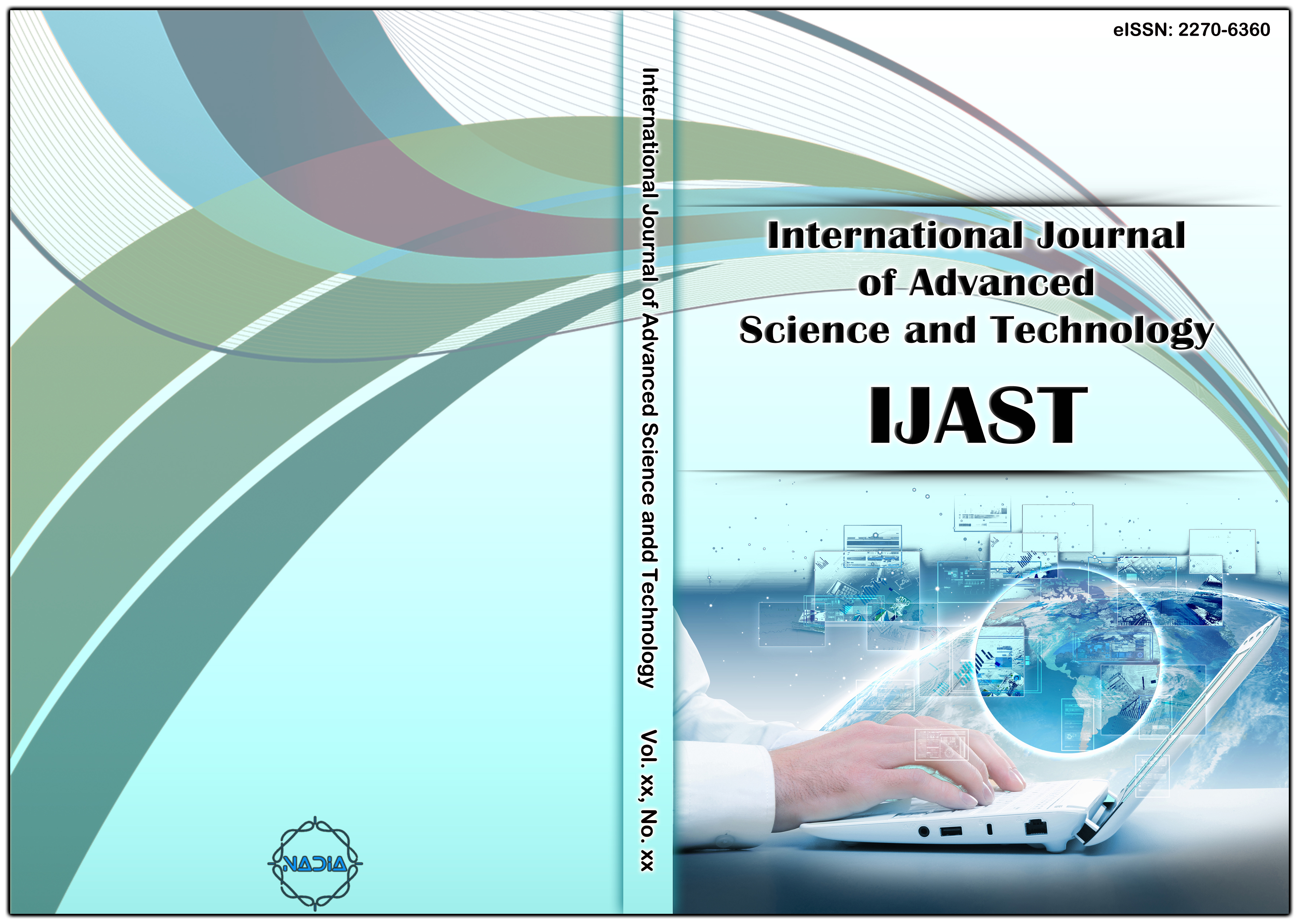[1] Ives, B., Gifford, T. and Hankins, D., “Integrating learning through knowledge (&skills) management”, ACM SIGGROUP Bulletin, vol. 19, no. 1, (1998), pp. 51-55.
[2] Basili, V. R. and Caldiera, G., “Improve Soft-ware Quality by Reusing Knowledge and Experience”, Sloan management review, vol. 37, (1995), pp. 55-55.
[3] Shull, F., Mendoncça, M. G., Basili, V., Carver, J., Maldonado, J. C., Fabbri, S., Travassos, G. H. and Ferreira, M. C., “Knowledge-sharing issues in experimental software engineering”, Empirical Software Engineering, vol. 9, no. 1-2, (2004), pp. 111-137.
[4] Humayoun, M. and Qazi, A. M., “Towards Knowledge Management in RE Practices to Support Software Development”, Journal of Software Engineering and Applications, vol. 8, no. 8, (2015), pp. 407-418.
[5] Basili, V., Caldiera, G., McGarry, F., Pajerski, R., Page, G. and Waligora, S., “The software engineering laboratory: an operational software experience factory”, In Proceedings of the 14th international conference on Software engineering, (1992), pp. 370-381.
[6] Bjørnson, F. O. and Dingsøyr, T., “Knowledge management in software engineering: A systematic review of studied concepts, findings and research methods used”, Information and Software Technology, vol. 50, no. 11, (2008), pp. 1055-1068.
[7] Olmos-Sánchez, K., Osollo, J. R., Martínez, L. F. and Rocha, V. M., “Requirements engineering based on knowledge: A Comparative Case Study of the KMoS-RE strategy and the DMS process”, Revista Facultad de Ingeniería Universidad de Antioquia, vol. 77, (2015), pp. 88-94.
[8] Xu, L., Jiang, C., Wang, J., Yuan, J., and Ren, Y., “Information security in big data: privacy and data mining”, IEEE Access, vol. 2, (2014), pp. 1149-1176.
[9] De Vasconcelos, J. B., Kimble, C., Carreteiro, P., and Rocha, A., “The application of knowledge management to software evolution”, International Journal of Information Management, (2016).
[10] Vasanthapriyan, S., Tian, J., and Xiang, J., “A Survey on Knowledge Management in Software Engineering”, In Software Quality, Reliability and Security-Companion (QRS-C), 2015 IEEE International Conference, (2015), pp. 237-244.
[11] Carreteiro, P., de Vasconcelos, J. B., Barao, A. and Rocha, A., “A Knowledge Management Approach for Software Engineering Projects Development”, In New Advances in Information Systems and Technologies, Springer International Publishing, (2016), pp. 59-68.
[12] Kavitha, R. K. and Ahmed, I., “A knowledge management framework for agile software development teams”, In Process Automation, Control and Computing (PACC), 2011 International Conference on IEEE, (2011), pp. 1-5.
[13] Shbair, M. W., AlSarraj, W. F. and Kahloot, K. M., “The Impact of Factors of Success on the In-House Software Development for Preserving Tacit Knowledge: Survey”, International Journal of Management and Information Technology, vol.11, no. 2, (2016), pp. 2687-2693.
[14] Yusoff, M. Z., Mahmuddin, M. and Ahmad, M., “Knowledge Work Process: Software Developer’s in Small Medium Enterprise”, Indonesian Journal of Electrical Engineering and Computer Science, vol. 13, no. 3, (2015), pp. 555-560.
[15] Beck, K., “Extreme Programming Explained: Embrace Change”, Addison-Wesley Professional, (2000).
[16] Berander, P., and Jonsson, P., “A goal question metric based approach for efficient measurement framework definition”, In Proceedings of the 2006 ACM/IEEE international symposium on Empirical software engineering, ACM, (2006), pp. 316-325.
[17] Olson, G. M., Olson, J. S., Carter, M. R., and Storrosten, M., “Small group design meetings: An analysis of collaboration”, Human-Computer Interaction, vol. 7, no. 4, (1992), pp. 347-374.
[18] Fichter, D., “The many forms of e-collaboration: Blogs, wikis, portals, groupware, discussion boards, and instant messaging”, Online, vol. 29, no. 4, (2005), pp. 48-50.
[19] Szykman, S., Sriram, R. D., Bochenek, C., Racz, J. W. and Senfaute, J., “Design repositories: engineering design's new knowledge base”, IEEE Intelligent Systems and their Applications, vol. 15, no. 3, (2000) May/Jun, pp. 48-55.
[20] Rech, J., Decker, B., Ras, E., Jedlitschka, A. and Feldmann, R. L., “The quality of knowledge: Knowledge patterns and knowledge refactorings”, International Journal of Knowledge Management (IJKM), vol. 3, no. 3, (2007), pp. 74-103.
[21] Anquetil, N., de Oliveira, K. M., de Sousa, K. D. and Batista Dias, M. G., “Software maintenance seen as a knowledge management issue”, Information and Software Technology, vol. 49, no. 5, (2007), pp. 515-529.
[22] Scupin, R., “The KJ method: A technique for analyzing data derived from Japanese ethnology”, Human organization, vol. 56, no. 2, (1997), pp. 233-237.
[23] ISO/IEC 14764: Information technology – Software Maintenance. Technical Report 14764, Joint Technical Committee International Standards Organization/International Electro technique Commission, (1999).
[24] Runeson, P. and Host, M., “Guidelines for conducting and reporting case study research in software engineering”, Empirical Software Engineering, vol. 14, no. 2, (2009), pp. 131-164.
[25] Höst, M. and Runeson, P., “Checklists for Software Engineering Case Study Research”, ESEM, (2007), pp. 479-481.
[26] Chun, S., “A Process-Centered Knowledge Model for Analysis of Technology Innovation Procedures”, KSII Transactions on Internet and Information Systems, vol. 10, no. 3, (2016), pp. 1442-1453. DOI: 10.3837/tiis.2016.03.030.
[27] Okada, R., Nakanishi, T. and Kitagawa, T., “A Method of Knowledge Creation and Knowledge Utilization by Generalized Inverse Operator”, In Advanced Applied Informatics (IIAIAAI), 2014 IIAI 3rd International Conference on IEEE, (2014), pp. 253-258.
